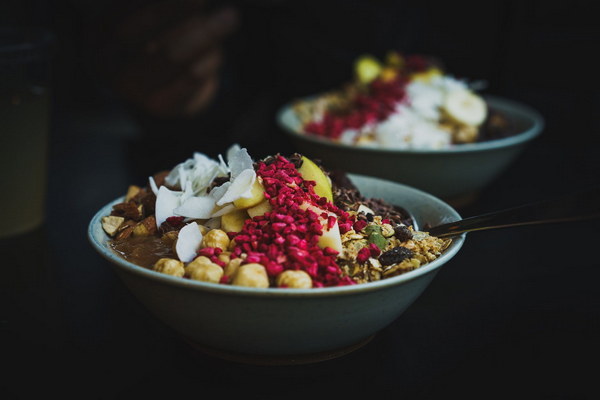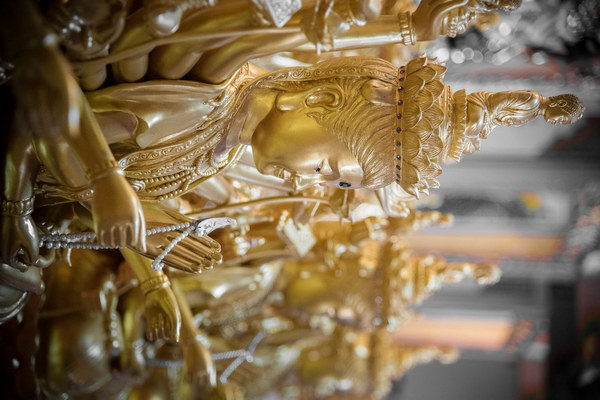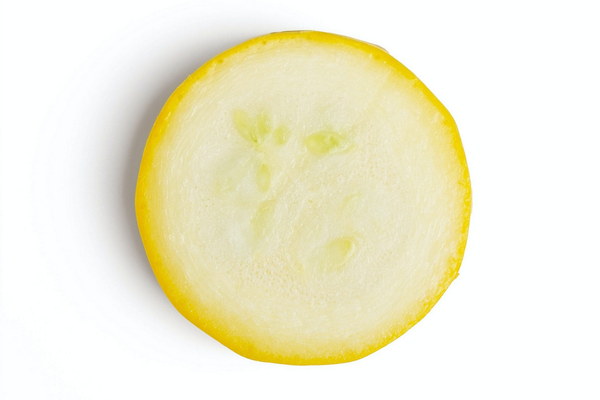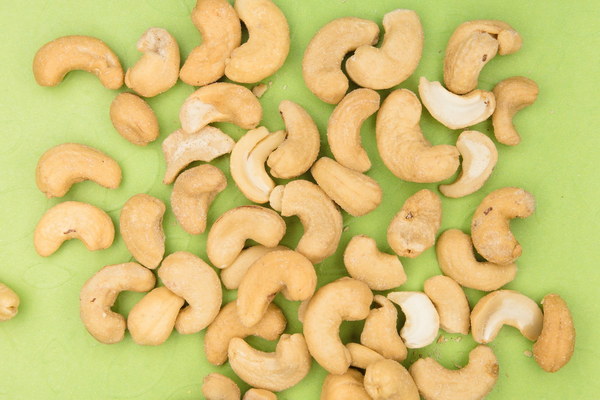Nurturing Yin and Moistening the Lung A Holistic Approach to Enhancing Respiratory Health
In the realm of traditional Chinese medicine, the concept of Nurturing Yin and Moistening the Lung holds significant importance for maintaining respiratory health. This principle revolves around the idea of balancing the body's yin and yang energies to ensure optimal lung function. In this article, we will explore the significance of this concept and discuss various methods to achieve this balance, including dietary adjustments, herbal remedies, and lifestyle changes.
The lung, in Chinese medicine, is closely associated with the element of metal and is responsible for the exchange of oxygen and carbon dioxide in the body. It also plays a vital role in regulating the immune system and the production of Wei Qi, the protective energy that defends against external pathogens. When the lung's yin and yang energies are imbalanced, it can lead to respiratory issues such as coughs, colds, and asthma.
To nurture yin and moisten the lung, it is essential to understand the characteristics of the lung and the factors that may disrupt its balance. The lung is inherently yin in nature, meaning it requires moisture to function optimally. When the lung is deficient in yin, it can result in symptoms such as dry cough, sore throat, and difficulty breathing.
One way to nourish the lung's yin is through dietary adjustments. Foods that are rich in moisture and have a cooling effect on the body can help alleviate dryness and support lung health. Some examples of these foods include:
1. Soup and Stews: Soups and stews made with ingredients such as chicken, pork, or beef, along with herbs like goji berries, astragalus, and codonopsis, can help moisten the lung and strengthen the immune system.
2. Leafy Greens: Leafy greens like kale, spinach, and Swiss chard are high in moisture and can help nourish the lung.
3. Fruits: Fruits such as pears, peaches, and melons are excellent for moistening the lung and alleviating dryness.
4. Nuts and Seeds: Almonds, walnuts, and flaxseeds are great sources of healthy fats and moisture that can help nourish the lung.
Herbal remedies can also play a significant role in nurturing yin and moistening the lung. Some commonly used herbs include:
1. Mulberry Leaf (Sangye): This herb is known for its cooling and moisturizing properties, making it an excellent choice for lung dryness and respiratory issues.
2. Licorice Root (Gancao): Licorice root has a sweet taste and can help harmonize the body's energies, making it an ideal herb for balancing the lung's yin and yang.
3. Peony Root (Bai Shao): This herb is known for its cooling and soothing properties, which can help alleviate lung dryness and irritation.
In addition to dietary and herbal remedies, lifestyle changes can also contribute to nurturing the lung's yin. Here are some tips to consider:

1. Avoid Exposure to Dry Air: Dry air can exacerbate lung dryness, so try to minimize exposure to dry environments, such as air conditioning or heating.
2. Stay Hydrated: Drinking plenty of water can help maintain lung moisture and support overall respiratory health.
3. Practice Breathing Exercises: Breathing exercises, such as tai chi or qigong, can help improve lung function and enhance energy flow.
4. Manage Stress: Stress can weaken the immune system and contribute to respiratory issues, so it's essential to find healthy ways to manage stress.
In conclusion, nurturing yin and moistening the lung is an essential aspect of maintaining respiratory health in traditional Chinese medicine. By incorporating dietary adjustments, herbal remedies, and lifestyle changes, one can achieve a balanced state that promotes lung health and overall well-being.









